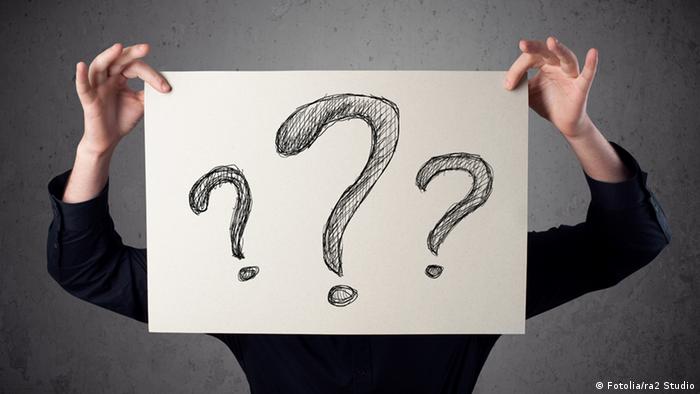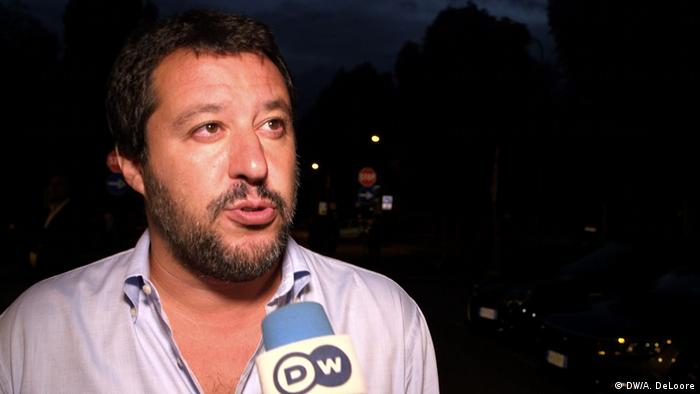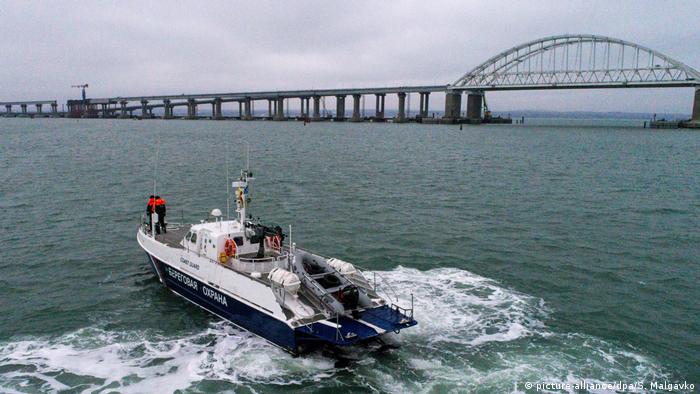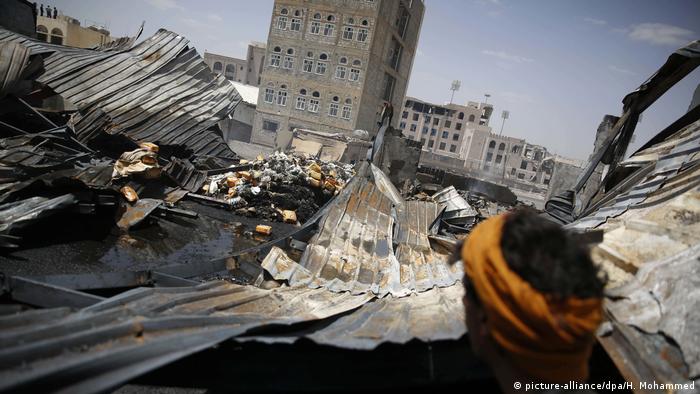The year 2019 begins foreign policy, agitated for the German policy. The Euro, the Ukraine and the Syria crisis are representative of many unresolved foreign policy issues, in need of care, Berlin.

The new Euro-Dilemma
After the dramatic rescue of debt-stricken States such as Greece, the existence of the Euro is once again on the game. So dramatically it looked anyway, EU Commission President Jean-Claude Juncker recently. This is especially a cause for concern. Even if the government in Rome and the EU have agreed to Commission a compromise – the history leaves a bitter aftertaste: The Italian government from the populist Five-star movement and right-wing Lega had the Commission. Rejected the Roman’s draft budget because the borrowing was from their point of view.

The Commission has concern, Italy’s debt could endanger the Euro
Germany’s former Finance Minister, Wolfgang Schäuble, the very idea is wrong, “and that more debt and a higher fiscal deficit would solve the problems of Italy,” says but, ultimately, the financial markets of Italy would be to discipline: “I think the markets will tell you: you will get no funding,” says Schäuble, in the DW-Interview at the end of October. But he takes it, basically, personally, that the Italian government wanted to break the European requirements, simply: “I do not like being blackmailed.”
Then, even if the noise appears only once averted, the Italian government, a strong push in the Hand, Would punish the EU Commission, Italy, would be the the right-wing populists of the whole of Europe even more boost. A few months before the European elections, this would certainly be the last what would the purpose of the Commission. You would concede, however, weakened the authority.

Italy’s interior Minister Matteo Salvini has always fulminated against the EU
The debate continues in each case, the benchmark for the question of how seriously the EU takes its own rules. Also the French President, Emmanuel Macron, has made after the protests of the “yellow vests” financial concessions, which will increase the size of the French deficit. Here is the next dispute could threaten.
Tighter Ukraine-Russia Conflict
The conflict between Russia and Ukraine after the annexation of Crimea remains a constant theme. Germany and France have used again and again for understanding, after the incident in the Azov sea at the end of November. The Russian coast guard had denied three Ukrainian ships Passage through the Kerch Strait in the Azov sea. Moscow regarded the Strait as the sole Russian territory. The Ukrainian President, Petro Poroshenko, appealed shortly before the EU summit in mid-December in Brussels to the EU: “We need international pressure on Russia will increase.”

A boat of the Russian coast guard demonstrates Moscow’s claim to rule in the Strait of Kerch
On the issue of sanctions against Russia, the EU is divided but. Some countries want to end the sanctions, because they are bad for business. Others would punish Moscow even more. You see, it is also critical that Germany on the Baltic sea Pipeline, direct Gas from Russia and wants to expand. At the EU summit in mid-December, the heads of state and government, heads of agreement, Merkel said that “no conditions are given, to lift the sanctions or to facilitate”. Not have been aggravated.
The Vice-President of the European Commission, Valdis Dombrovskis, made at a Meeting with Poroshenko clear: “sanctions are not a punishment. Sanctions the Motivation of Russia in the civilized world to return to.” Merkel, too, is always looking for the conversation with President Vladimir Putin, but so far without reaching a solution to the conflict in Ukraine.
Peace in Syria with Assad?
After more than seven years of civil war in Syria, the country is completely trashed. Millions of people have fled or have been displaced within Syria. Meanwhile, President Bashar al-Assad could win with the help of Russia and Iran, almost all of the areas of the insurgents. The terrorist group Islamic state has lost the greatest part of his former dominion. In Germany the question came up, whether hundreds of thousands of Syrian refugees can return to their homeland. The Foreign Ministry keeps the situation but as too uncertain. A halt to deportations to Syria.

The strong man of Syria after years of civil war still Bashar al-Assad
But everywhere in Europe, from the vain peace efforts in Syria and also tired. Some politicians talk, usually behind closed doors, to arrange, in spite of all the concerns with Assad. The Orient expert Guido Steinberg of the Stiftung Wissenschaft und politik from in the DW-Interview of the Berlin-based government will be a bad testimony. You have carelessly set way “that the Assad-Regime within a short period of time. You would want the Regime really plunge, you need to get in any Form of the insurgents military support. Today, the Germans are no actors in this conflict”.

Destruction after a Saudi-led air attack in Sana’a, Yemen
All other allegations must listen to the Federal government in connection with the war in Yemen, according to the UN, currently the most serious humanitarian crisis in the world. Germany has long provided weapons to the war party in Saudi Arabia, which supports rebels, the Yemeni government against the Houthi. Even now, since a weapons export ban, will supply the German armaments group Rheinmetall, more weapons through subsidiary companies to Saudi Arabia.

